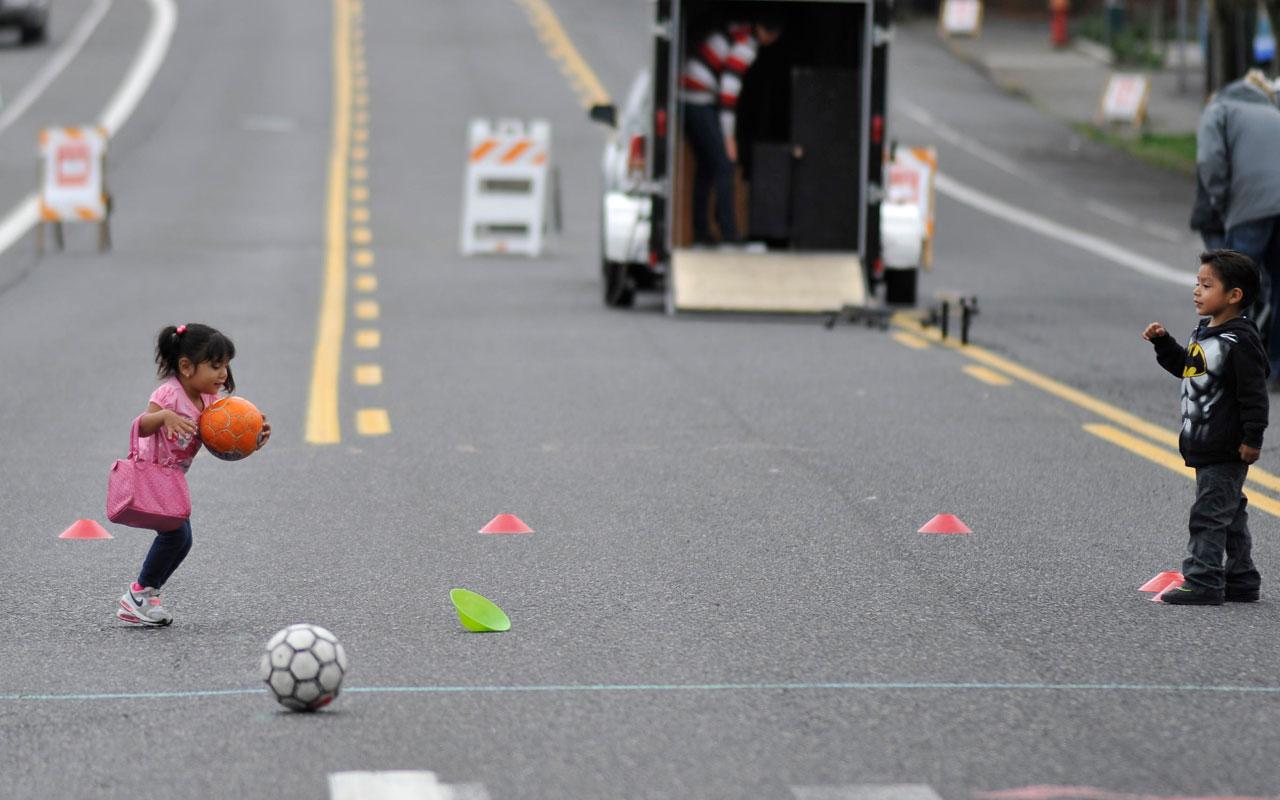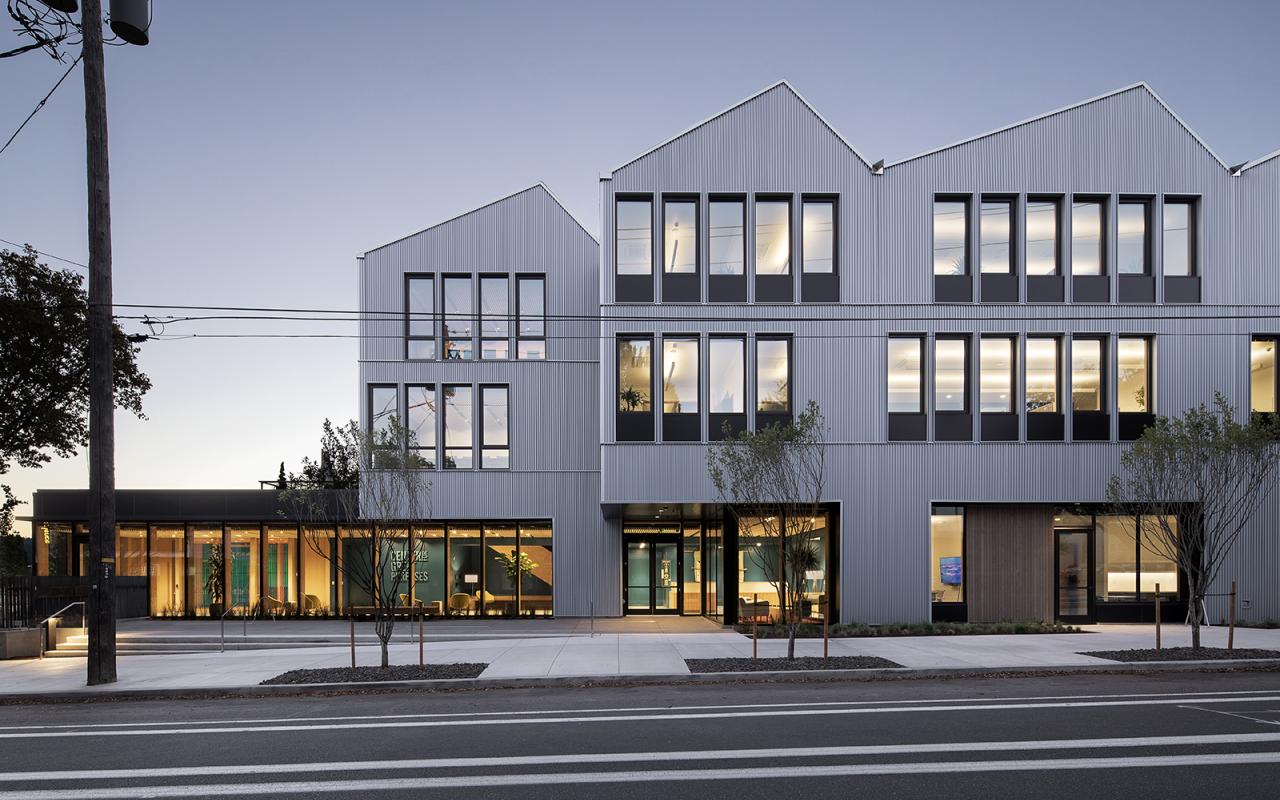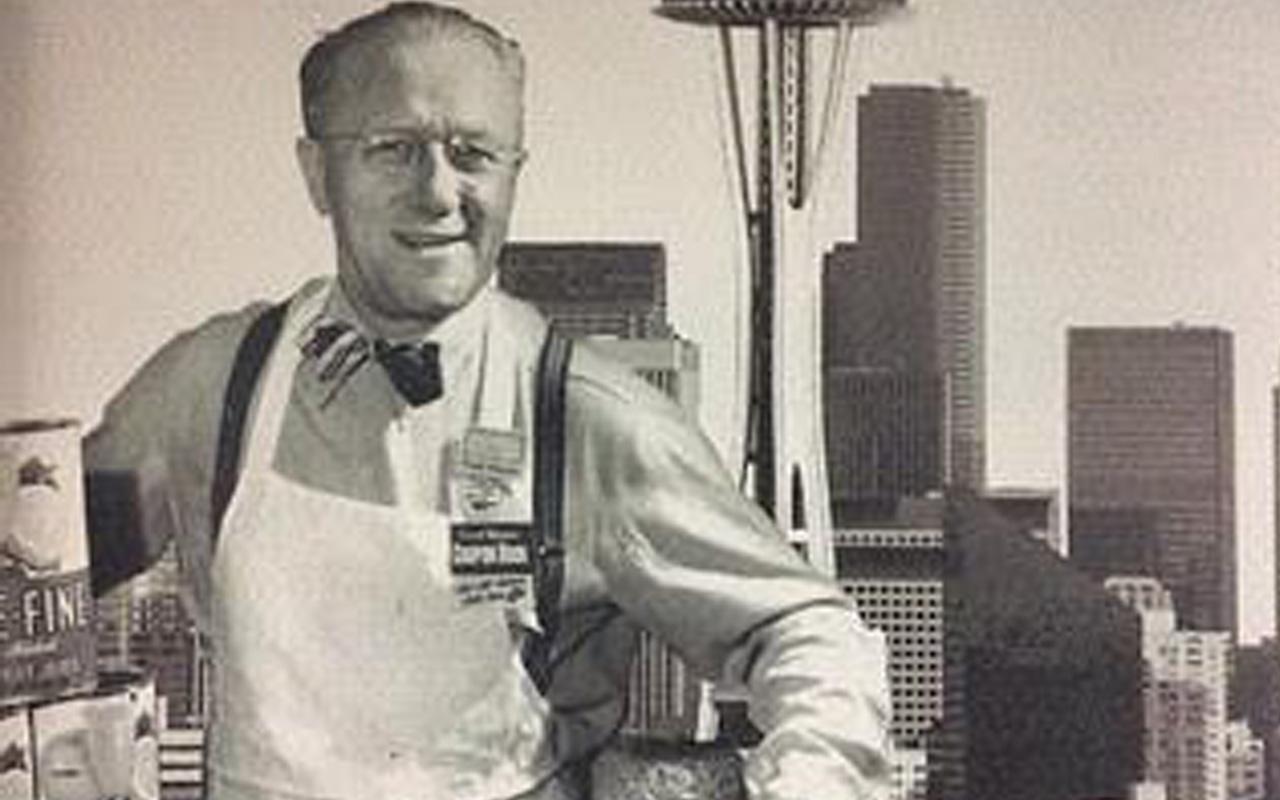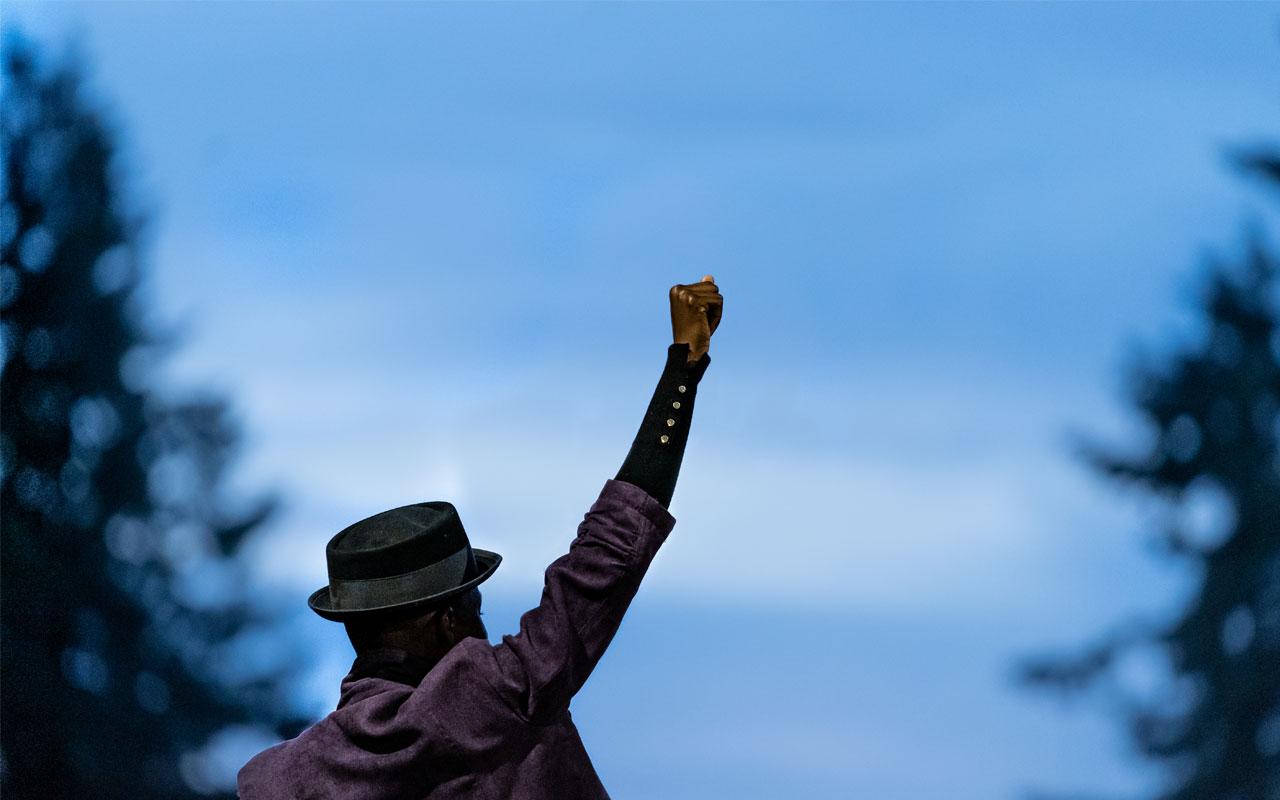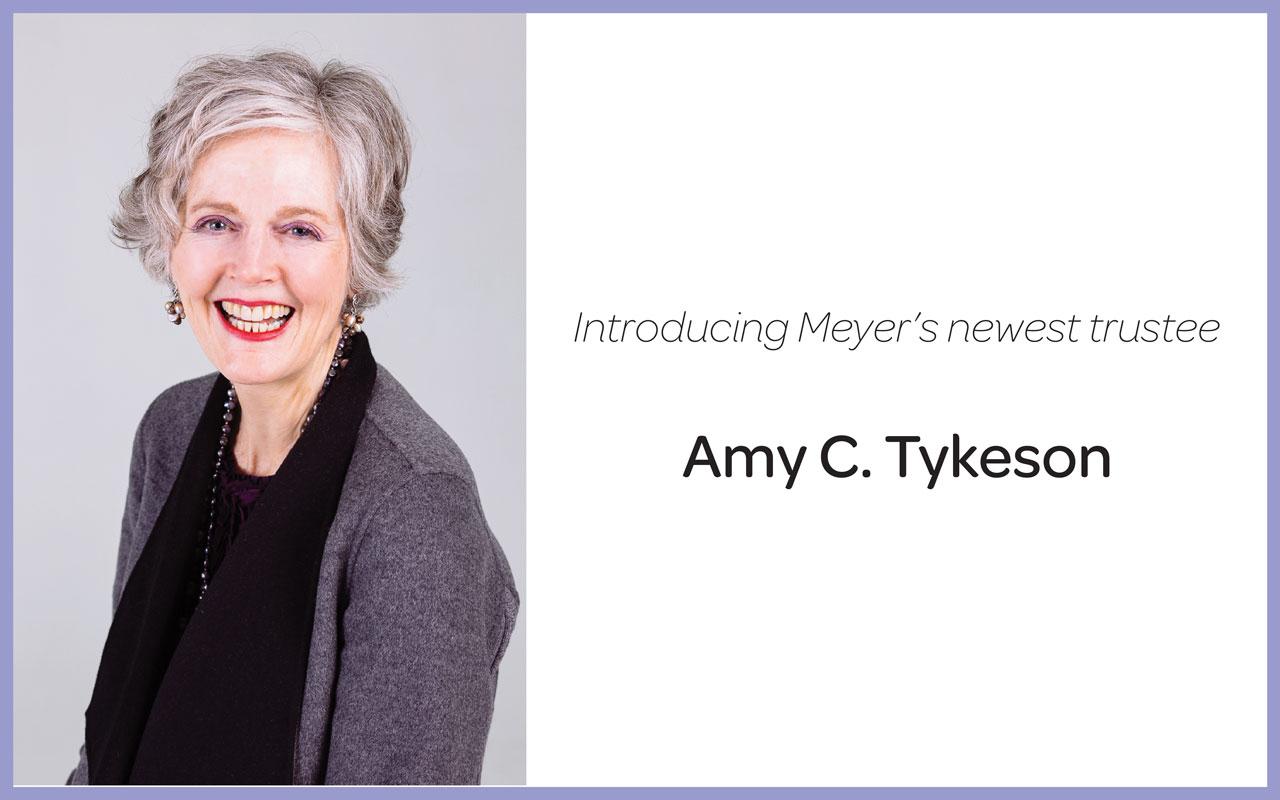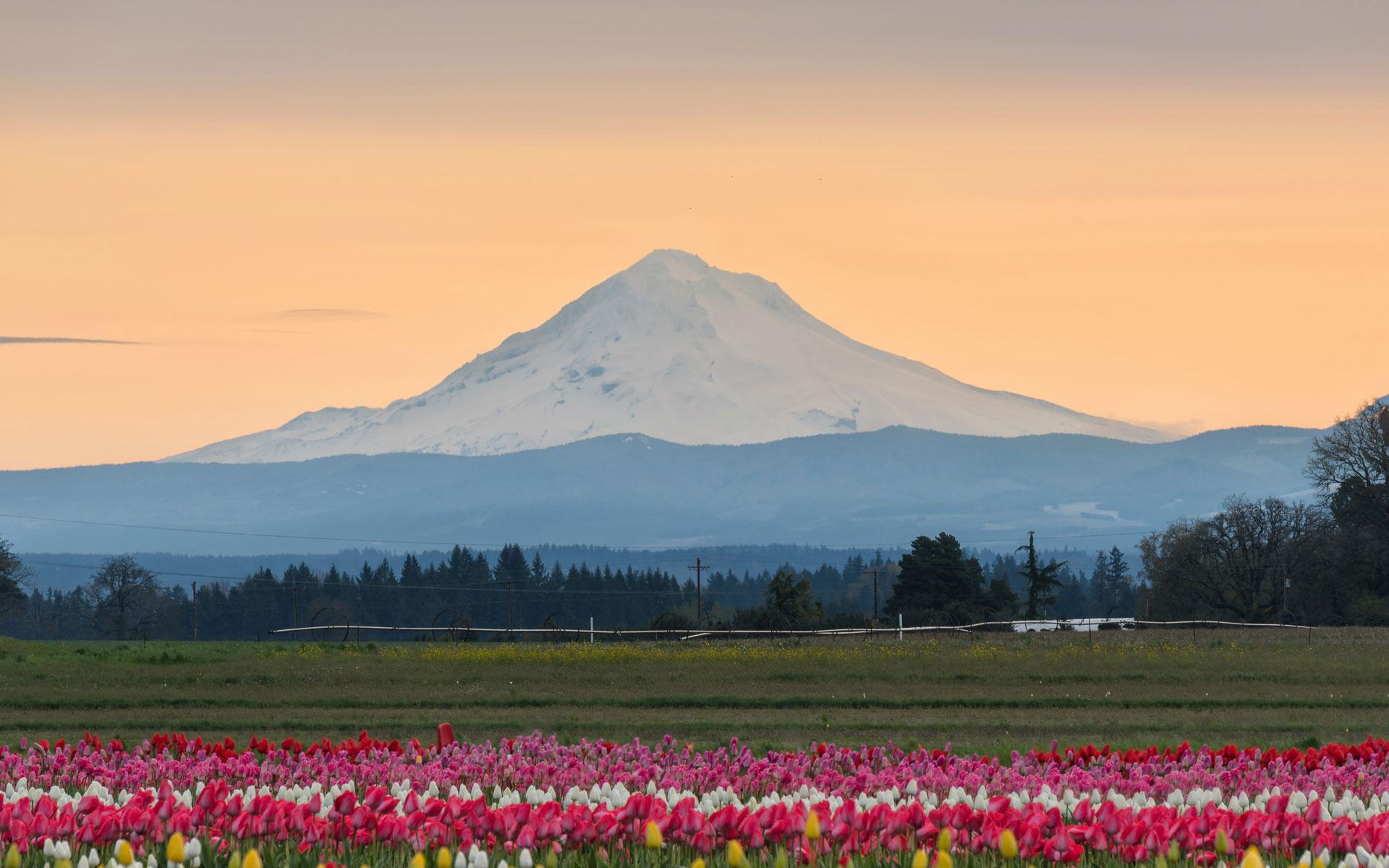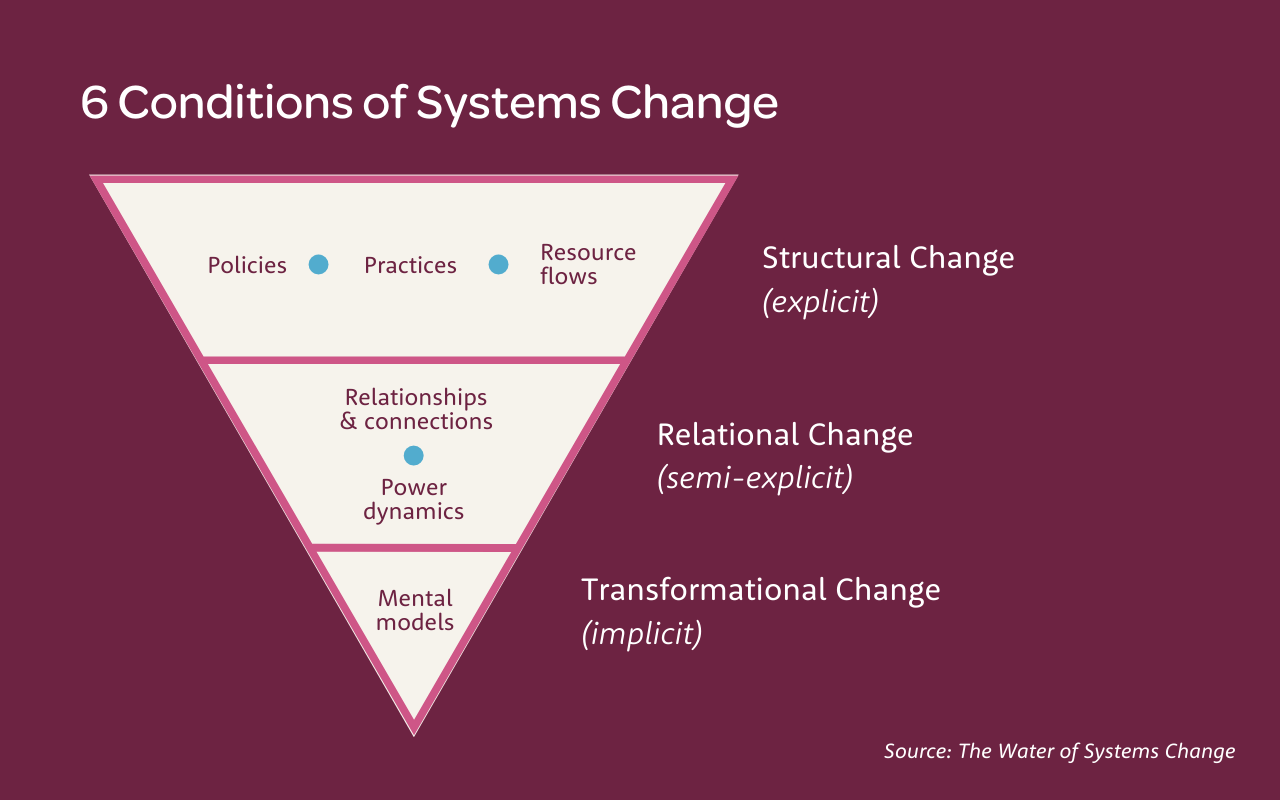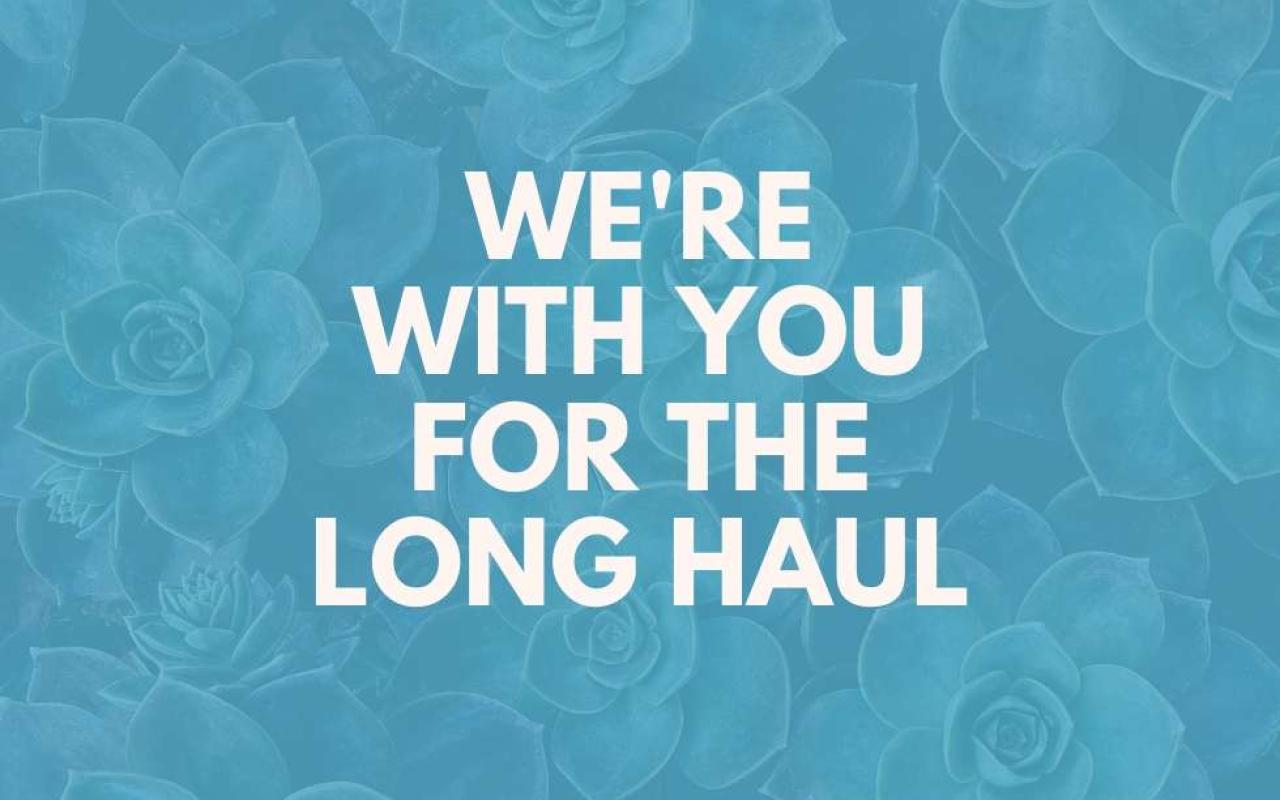D’Artagnan Bernard Caliman joins Meyer as new Director of Justice Oregon for Black Lives
I'm ecstatic to announce that Meyer Memorial Trust has named D’Artagnan Bernard Caliman as the new director of Justice Oregon for Black Lives — Meyer’s five-year, $25 million investment in Black leadership, Black-serving organizations and systemic-level change.
D’Artagnan (Dar-Tan-Yan) brings deep experience building and leading programs, as well as co-creating innovation with communities here in Oregon, across the Pacific Northwest and elsewhere in the country. His roots in Portland – and his continued connection to community even from afar – affirm how driven he is to the mission of systems-level change through the centering of Black Oregonians.
D’Artagnan who most recently served as the executive director at Building Changes in Seattle, brings 24 years of experience and leadership across social work, human services, juvenile justice, gang prevention, homelessness, child welfare, philanthropy, advocacy, policy and racial equity at local, regional and national levels.
As a sixth-generation Oregonian, D’Artagnan’s personal story is interwoven with many moments and milestones in Oregon history that may ring familiar to people who were raised in historic Albina, a longtime home to Portland’s Black and Native communities. He earned a diploma from Catlin Gabel School, a sociology degree from Warner Pacific College and a master’s of social work from Portland State University. D’Artagnan’s first job was at Portland House of Umoja, where he created a culturally specific “Rites of Passage” program for young Black men. He also worked at Self Enhancement Inc. as a multi-systemic therapist working with youths who were involved in the juvenile justice system.
When D’Artagnan was 17, a close friend — Mujib Dudley — was killed in a gang shooting near NE 15th Avenue and Alberta Street. Looking out at the mourners at the funeral, he decided to take a path aimed to help to prevent such senseless violence.
Previously, D’Artagnan served as senior manager of the Child Welfare Information Gateway Digital and Web Services team, as well as a state/territory liaison providing capacity building services for public child welfare (DE, MD, NH, VA, WV and Washington, DC.) at ICF, a global consulting firm that works to improve public child welfare in partnership with the United States Children's Bureau. He has also served as the chief of staff for the Maryland Department of Human Services. He has worked as a child welfare consultant specializing in child welfare, child abuse and neglect, juvenile justice and social services. For 15 years, D’Artagnan worked in case management, community programs supervision and overseeing national partnerships in Oregon, California and Washington for the Seattle-based Casey Family Programs.
At Building Changes D’Artagnan led the strategy and implementation of effective partnerships and programs for a nonprofit working to improve the educational, health and housing outcomes for students, youths and families who experience homelessness. Through his leadership, Building Changes set a new five-year Strategic Plan to deepen the organization’s racial equity work and address disproportionality in BIPOC communities experiencing homelessness.
As the director of Justice Oregon for Black Lives, D’Artagnan will be responsible for overseeing an initiative dedicated to deepening support for Black-centered organizations and uplifting a just system of community well-being for Black-led and Black-serving organizations that intersect with other communities of color.
The Skanner quoted D’Artagnan last week in a news release about joining Meyer. He said, “I have dedicated my career to my friend’s memory and the uplifting of the Black community. With the civil unrest across the country and in our backyards across Oregon state, I am even more strongly motivated to partner with Black communities in the work of eliminating structural racism and moving toward Black liberation.”
D’Artagnan will begin work at Meyer on Jan. 6.
— Kaberi
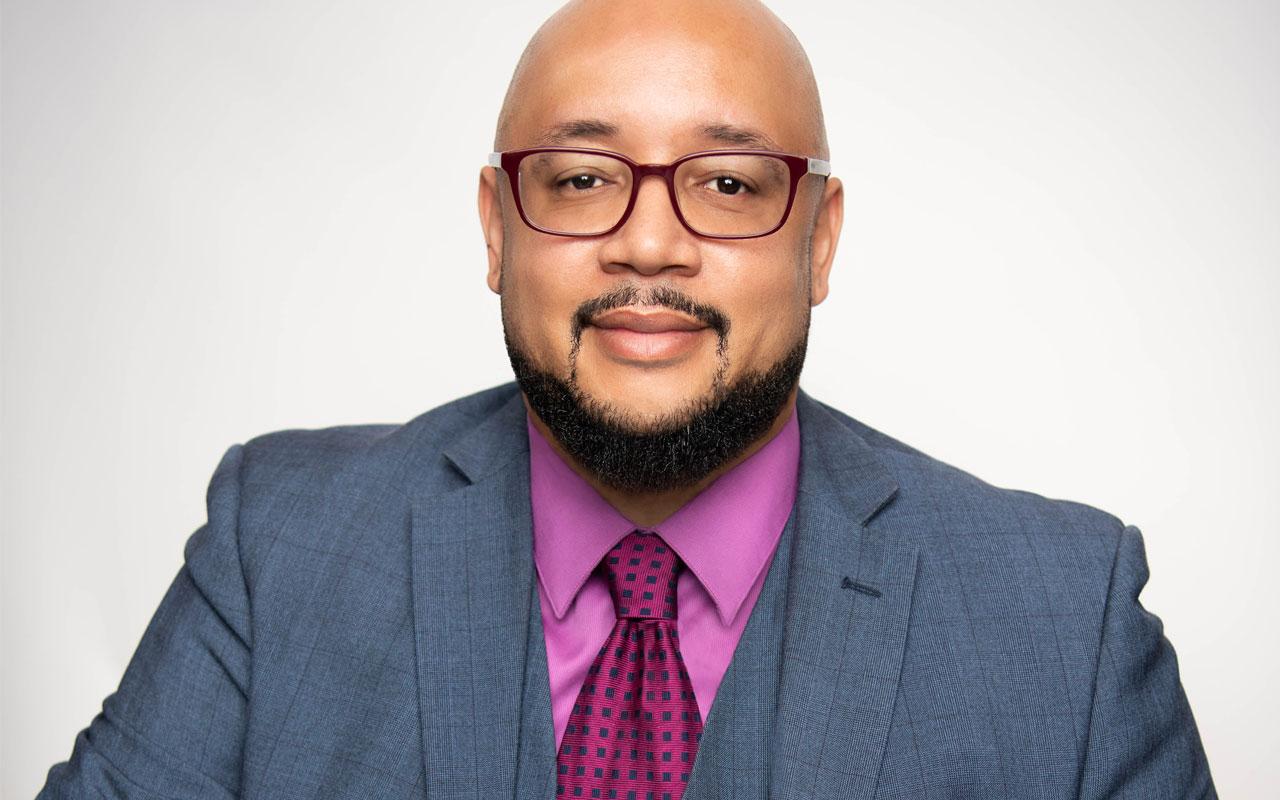
Meet D’Artagnan Bernard Caliman, Meyer’s new Director of Justice Oregon for Black Lives.

